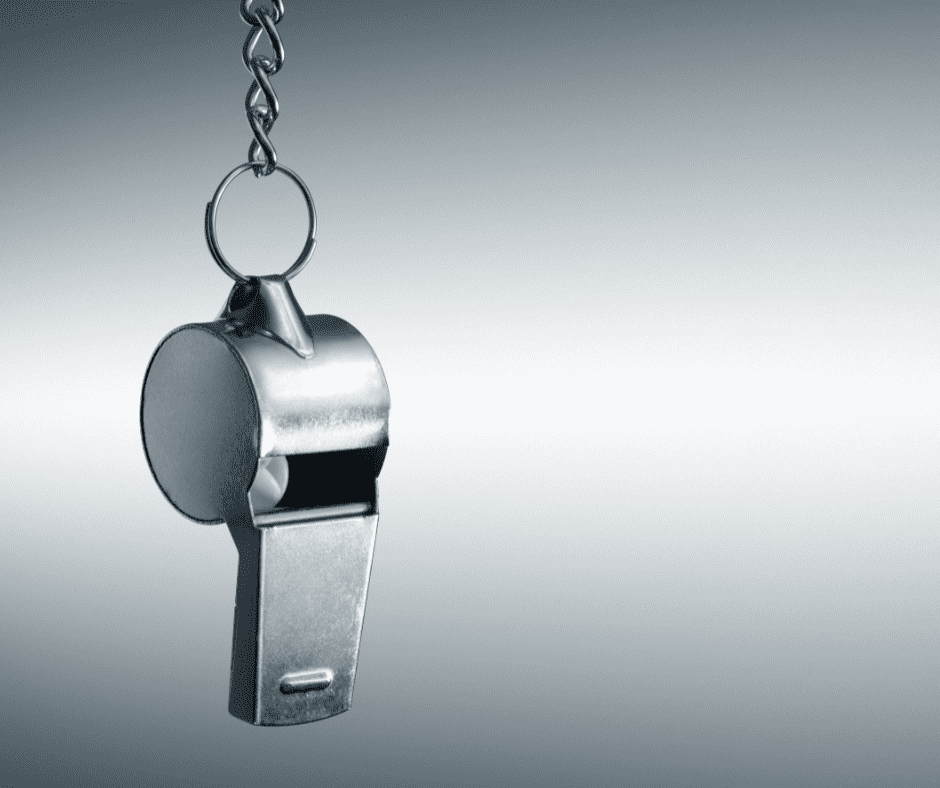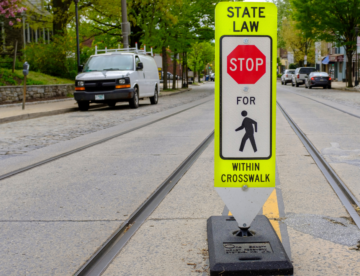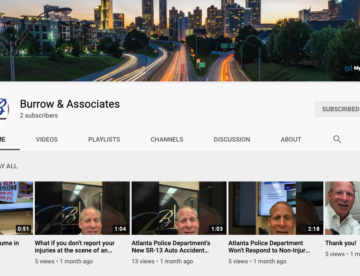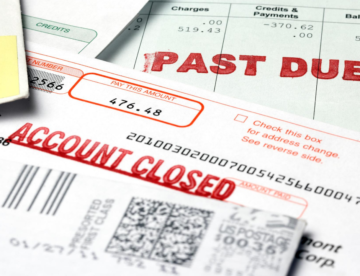
The upcoming budget for the State of Georgia allocates $32 billion in spending. County and city governments spend billions more providing services for citizens and the federal government spent $6.1 trillion last year. Notably, in response to the pandemic, the government has poured $5 trillion dollars into various stimulus programs it was not planning on and did it so fast, due to the need, that many safeguards against fraud were not taken.
Unfortunately, with all of this money flowing through many different programs there are thousands of people who seek to take advantage of the taxpayers through fraud. Whether it is filing a fraudulent PPP application, a government employee making personal charges on public accounts, contractors knowingly committing waste to bill more, a medical provider overbilling Medicare or Medicaid, or even legitimate contractors who bill a little more for services they may not provide hoping no one will notice, there are many ways people defraud the taxpayers.
But did you know the government rewards people who expose this fraud? It’s true!
The legal system refers to people who expose fraud as “whistleblowers.” Whistleblowers play a crucial role in shining a light on fraud and other wrongdoing committed against the government. To encourage whistleblowers to come forward, both the federal government and several states, including Georgia, have enacted False Claims Acts. These laws allow private individuals to file lawsuits on behalf of the government and receive a portion of any funds recovered as a result of the lawsuit. This post will examine Georgia’s False Claims Act and the Federal False Claims Act, including their similarities and differences.
Georgia’s False Claims Act
Georgia’s False Claims Act (GFCA), known officially as the tongue-twisting Taxpayer Protection False Claims Act, was enacted in 2007 and is codified in O.C.G.A. § 23-3-120 et seq. Like its federal counterpart, the GFCA imposes liability on individuals and entities that submit false claims for payment to the state government. The GFCA also allows private individuals, known as relators, to file lawsuits on behalf of the state government and receive a portion of any funds recovered as a result of the lawsuit.
Under the GFCA, a false claim is defined as any request or demand for money or property made to the state government that is false or fraudulent. The GFCA also prohibits retaliation against whistleblowers who report violations of the law.
One key difference between the GFCA and the federal False Claims Act (FCA) is the level of damages that can be awarded. Under the GFCA, a defendant can be liable for up to three times the amount of damages sustained by the state government as a result of the false claim, plus civil penalties of up to $11,000 per false claim. In contrast, under the FCA, a defendant can be liable for up to three times the amount of damages sustained by the government, plus civil penalties of up to $23,331 per false claim.
Federal False Claims Act
The Federal False Claims Act (FCA) was enacted during the Civil War to combat fraud committed against the federal government. The FCA is codified in 31 U.S.C. § 3729 et seq. and imposes liability on individuals and entities that submit false claims for payment to the federal government. Like the GFCA, the FCA allows private individuals, known as qui tam relators, to file lawsuits on behalf of the government and receive a portion of any funds recovered as a result of the lawsuit.
Under the FCA, a false claim is defined as any request or demand for money or property made to the federal government that is false or fraudulent. The FCA also prohibits retaliation against whistleblowers who report violations of the law.
One key difference between the FCA and the GFCA is the scope of the law. The FCA applies to any false claim made to the federal government, while the GFCA applies only to false claims made to the state government. Additionally, the FCA provides for greater damages and penalties than the GFCA.
However… collecting your reward is not as simple as picking up the phone and calling a government waste hotline (though that might be a good idea!) In order to receive a reward, the whistleblower must file a lawsuit, called a qui tam (“on behalf of the king”) action. The qui tam lawsuit is the difference between successful claims and unsuccessful claims.
An experienced attorney can help you develop the evidence you need to prosecute the claim properly and prepares specialized litigation before the State and Federal courts. If the government believes your case is strong enough, it will take the case over from you and send you your reward when the case has completed. Under both the Georgia and Federal False Claims Act, the reward is 10 – 30% of the total amount recovered from the fraudulent party plus the defendant will have to pay your attorney’s fees and costs. The court determines the amount of the award based upon how helpful you are to the case. In this way, an experienced attorney can make a substantial difference for you.
If you have knowledge of a business or an individual defrauding the government, Burrow & Associates can help protect you against retaliation and prepare a qui tam claim that will help you stop the waste and reward you for your courage in coming forward.









